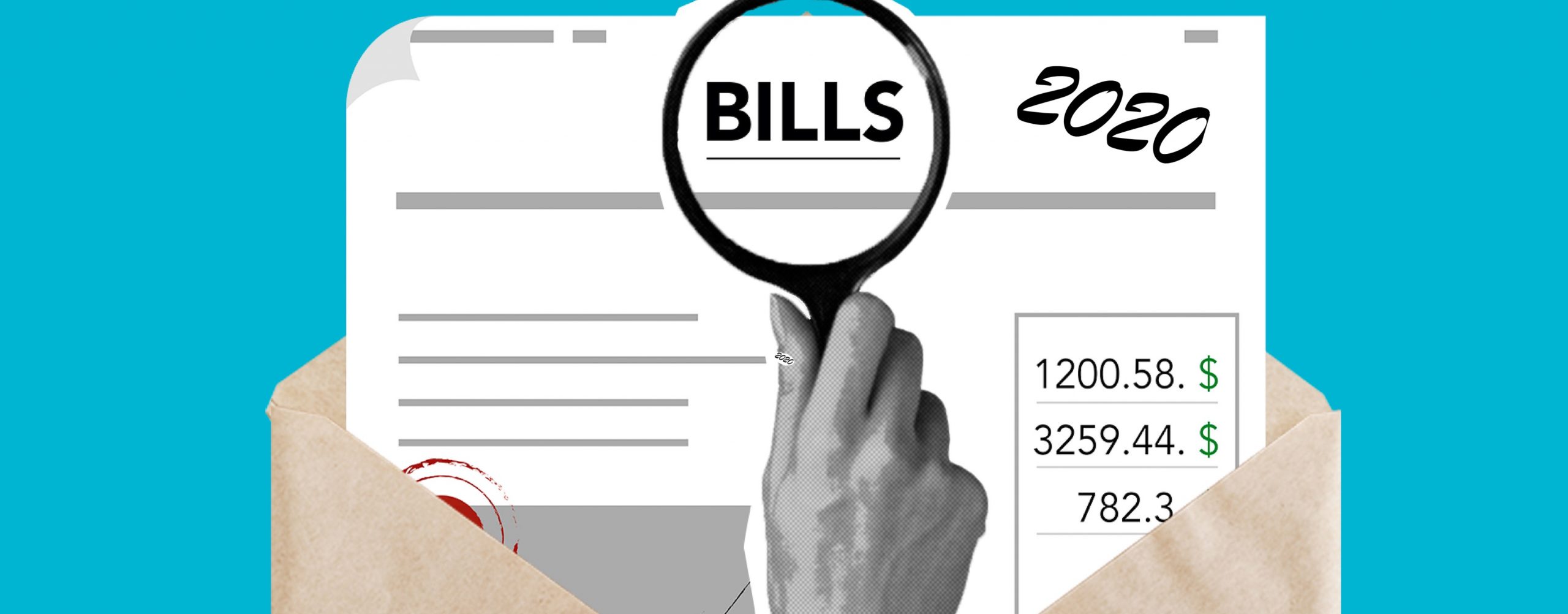
Tax Tips For The 2021 Filing Season
If 2020 wasn’t confusing and scary enough, now accountants have to deal with the aftermath of all the changes and programs implemented due to Covid-19, in order to prepare their clients tax returns. As the dust has settled on the changes to various bills, it’s now time to make sense of it all and make sure you and your clients are taking advantage of, and complying with, all these changes.
So with that in mind here are a few things you might want to consider:
Employee Retention Credit
The Consolidated Appropriations Act of 2021 states that a company that received a PPP loan can now claim an ERC. The only exception is for wages paid with the proceeds of a PPP loan that was forgiven.
Second draw PPP loans
A second round of PPP loans with the same general terms as the first loan is something for business owners to consider.
Unemployment benefits taxability
While many more taxpayers may have received unemployment benefits than in the past, it’s important to make sure they’ve received or downloaded their 1099-G forms. If taxes weren’t withheld, those taxes will need to be paid with their 2020 returns.
Recovery Rebate Credit
While most taxpayers received the special one-time benefit in the form of an Economic Stimulus Payment, there are still those who did not receive the maximum amount. This offers the opportunity for the taxpayer to take advantage of the recovery rebate credit on their 2020 return.
NOL 5-year carryback
Depending on the taxpayer’s financial situation and the possibility of higher tax rates ahead, the 5-year carryback of NOLs might be better off waived and carried forward from 2020.
Discharge of indebtedness on principal residence
Although there is a phase out based on a taxpayer’s adjusted gross income, the exclusion from income for the discharge of indebtedness on a principal residence is important to consider. This exclusion has also been extended through 2025.
RMDs
While required minimum distributions are important to discuss with retired taxpayers, the stimulus package passed in early 2020 suspended the RMDs for all of 2020. Therefore a lack of 1099-R forms should still be considered.
Withdrawals from retirement accounts
For those taxpayers who took early withdrawals from their retirement accounts for coronavirus-related issues and don’t intend to repay it within 3 years, then one-third of the tax should be paid with their 2020 return.
Earned Income Tax Credit and Child Tax Credit
The Taxpayer Certainty and Disaster Tax Relief Act of 2020 has provided temporary relief for taxpayers eligible for the EITC and CTC. According to the IRS, If your earned income was higher in 2019 than in 2020, you can use the 2019 amount to figure your EITC for 2020.
Mortgage insurance premiums
The mortgage insurance premium deduction is still available through tax year 2020, however, starting in 2021 the deduction will not be available unless this deduction is extended by Congress.
Charitable deduction for non-itemizers
The CARES act allows eligible taxpayers who do not itemize deductions to deduct $300 of qualified charitable contributions as an “above the line” deduction for tax years beginning in 2020. For those taxpayers affected by SALT, this offers a little extra help. Meal expenses
In order to help the hard-hit restaurant industry, starting in 2021 through the end of 2022, business meals are 100% deductible if the meals are from a restaurant.
Source: Accounting Today
